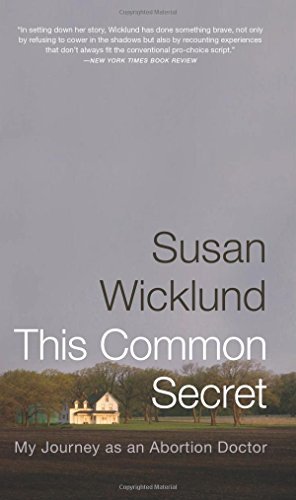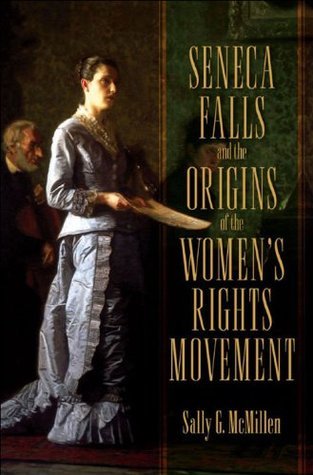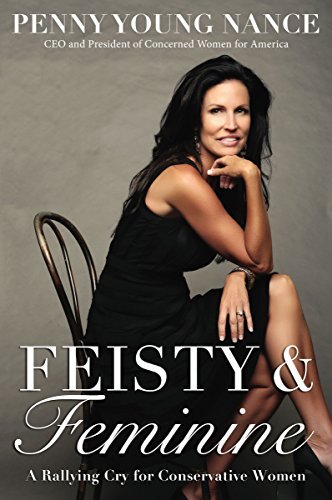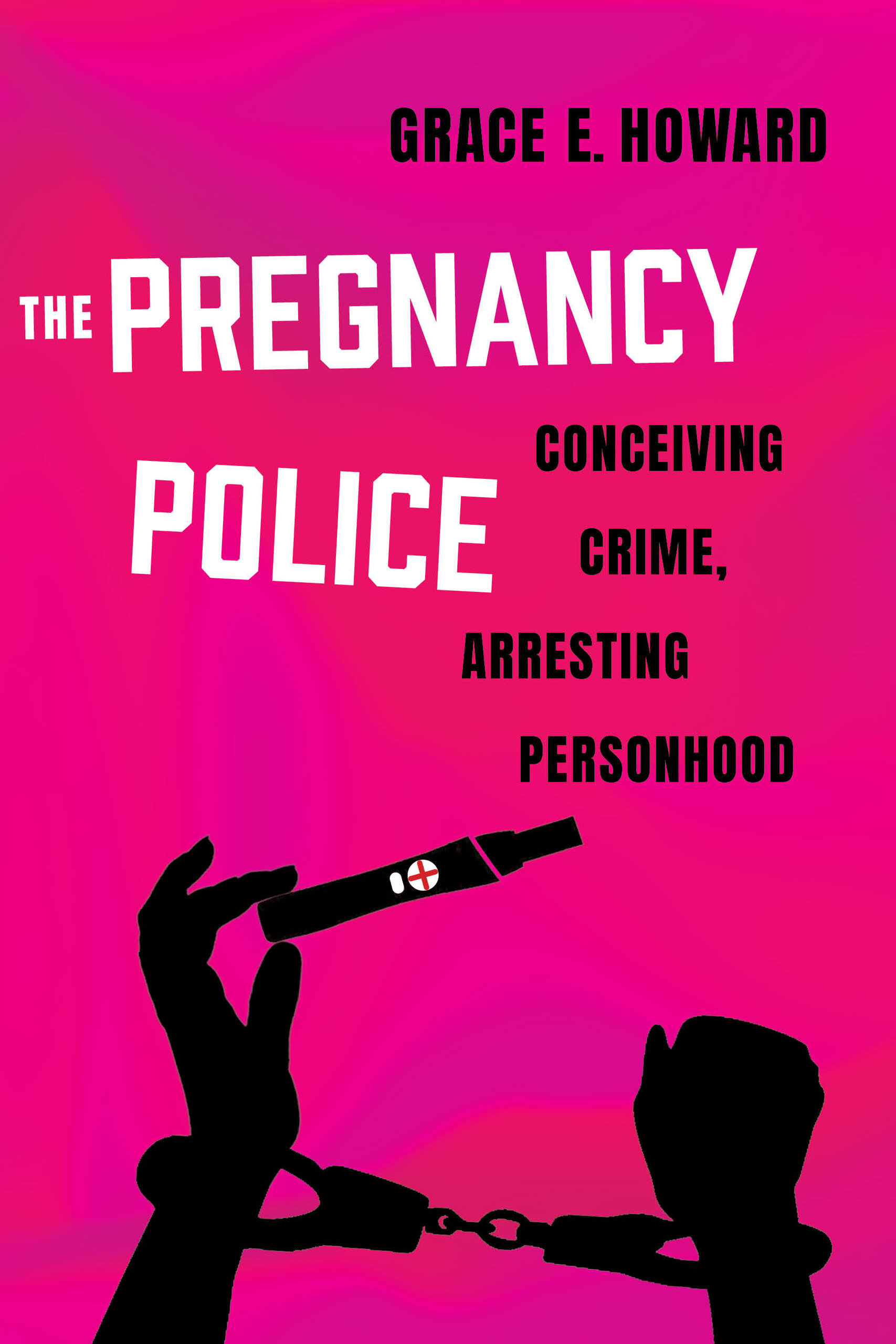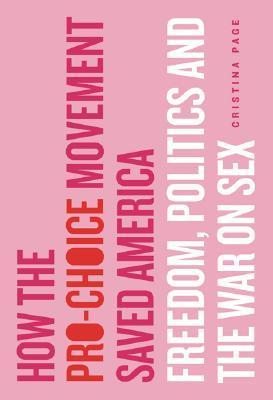
How the Pro-Choice Movement Saved America: Freedom, Politics and the War on Sex
Book Description
America stands at a crossroads, where freedom clashes with fervent ideologies and the war on sex threatens to erase decades of progress. In "How the Pro-Choice Movement Saved America," Cristina Page unveils the untold story of a movement that not only champions women's rights but also redefines the very essence of liberty in a turbulent political landscape. With riveting anecdotes and powerful insights, Page challenges societal norms and reveals how the fight for choice has become a linchpin for broader freedoms. Can the pro-choice ethos forge a path toward a more just and open society, or will it succumb to the forces of repression?
Quick Book Summary
"How the Pro-Choice Movement Saved America" by Cristina Page is an incisive examination of the pro-choice movement's impact on American society, politics, and individual freedoms. Challenging the conventional understanding of the abortion debate, Page explores how pro-choice activism has safeguarded not just reproductive rights, but fundamental liberties central to American democracy. The book delves into how anti-choice agendas extend beyond abortion, targeting sexuality, contraception, and personal autonomy. Through illuminating stories and thorough analysis, Page demonstrates that the battle over reproductive choice is also a broader fight over who controls private life and personal decisions. Ultimately, the book contends that defending choice is essential for preserving a free, open society and preventing a slide into authoritarianism and repression.
Summary of Key Ideas
Table of Contents
The Broader Stakes of the Reproductive Rights Debate
Cristina Page begins by framing the pro-choice movement as a struggle that transcends the singular issue of abortion. She asserts that the debate encapsulates broader societal questions of personal autonomy, liberty, and the boundaries of government interference. Through historical context, Page illuminates how the movement has continually pushed back against efforts to curtail not only abortion access, but the right to privacy and the broader freedoms fundamental to American identity. The book presents reproductive choice as a linchpin for a host of interconnected rights that anchor a truly free society.
The Interconnection between Reproductive Freedom and Civil Liberties
Page scrutinizes the anti-choice movement, demonstrating that its goals extend beyond opposing abortion. She brings to light how policies and rhetoric from anti-choice groups often foster a wider war on sex itself—promoting abstinence-only education, stigmatizing contraception, and opposing sexual health resources. This agenda, Page argues, represents an attempt to police morality and sexuality, infringe on constitutional rights, and ultimately undermine public health. The societal impact, especially on women, minorities, and the marginalized, is profound and enduring.
The Anti-Sex Agenda and Its Societal Impact
Throughout the book, Page highlights the pivotal role the pro-choice movement plays in defending democracy and civil liberties. The fight for reproductive rights, she contends, sets precedents for protecting other freedoms—ranging from LGBTQ+ rights to safeguarding individual privacy against government intrusion. By tracing legal and political battles, Page reveals how pro-choice victories have often reinforced fundamental American principles, fortifying the very pillars of democracy.
Pro-Choice Activism as a Defense of Democracy
The narrative also explores how the movement has built critical alliances across social and political divisions, creating a broad-based coalition for change. Page emphasizes the importance of intersectionality, showing how the fight for reproductive justice aligns with campaigns against racism, economic inequality, and gender discrimination. These alliances, she argues, have been vital in mounting effective resistance to regressive policies and ensuring that choice remains defended at every societal level.
Building Alliances and the Path Forward
Concluding, Page reflects on the future trajectory of the pro-choice movement. She acknowledges ongoing challenges—legal setbacks, persistent stigma, and polarized political landscapes—but maintains that the ethos of choice is central to American progress. By defending the right to make personal decisions about one’s body, the movement not only safeguards women but upholds the broader promise of freedom for all. For Page, the stakes remain high, but the road forged by pro-choice activism offers hope for a more just and open society.
Download This Summary
Get a free PDF of this summary instantly — no email required.

